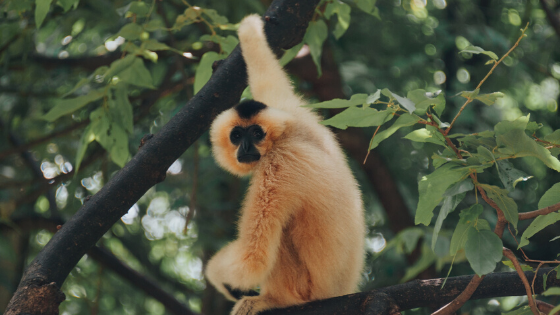
- info@fundacionmona.org
- 972477618
- - 9h a 17.30h
Yearly Archives: 2020
- 20
Jun 20
- 19
Jun 20

Summer online courses
We have organized new online courses for 2020!
Next summer training in primatology from MONA to your home. Don’t miss this learning opportunity from a primate sanctuary.
More information: cursos@fundacionmona.org
- 09
Jun 20

Still confined, with no income at the primate sanctuary
 Covid-19 has greatly affected our society. Our health and that of our loved ones has been threatened.
Covid-19 has greatly affected our society. Our health and that of our loved ones has been threatened.
Primates lucky to live in MONA are also threatened, because it has been proven that they can become infected. But they cannot be taken to the ICU, nor do they maintain social distance. To keep them out of harm’s way, we canceled all activities and closed access to MONA even before confinement was mandatory, because we are terrified about the consequences of the virus entering the rescue center.
- 04
May 20
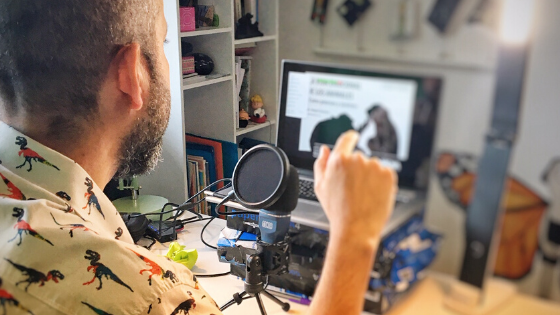
Great success of the online courses!
The confinement caused by covid-19 forced us to reinvent the format of our spring courses in primatology and, for the first time, we offered them online. The result? More than 60 people enrolled in this first edition of our online courses: Introduction to Primatology and The Emotional Life of Animals.
- 22
Apr 20
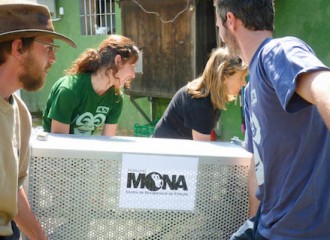
Earth day 2020: abandoned monkeys and i Covid19
During this confinement, the news came out that an abandoned marmoset had appeared in an urbanization in Alicante, which has now joined the waiting list to be accepted in a rescue center.
Data collected in 25 EU member states by EARS, (European Alliance of Rescue Centres and Sanctuaries), Eurogroup for Animals and AAP, gave the alarming figures that in 2017 alone there were around 22,000 new cases of animals to be rescued. And this is just the tip of the iceberg, because not all centres register the animals they cannot take care of.
And what about the current crisis situation by Covid19 in the rescue centres?
We at MONA Foundation fully agree with the latest release from the organization Eurogroup for Animals and we support their call.
CURRENT SITUATION
The spreading of the novel coronavirus (COVID-19) is hindering the survival of thousands of animals hosted in European rescue centres and sanctuaries.This added to adifficult situation in which, already before the COVID-19 crisis, housing for seized, confiscated or surrendered wild animals was severely limited in Europeand rescue centres were suffering from a chronic lack of consideration and funding[1].
Rescue centres and sanctuaries offer a better life to animals that have suffered in substandard zoos, have been cruelly exploited in circuses or that have been confiscated from private owners or illegal and unscrupulous traders. As most of the time these animals cannot be returned to the wild, rescue centres and sanctuaries in Europe play a critical role in ensuring the animals’ welfare and in supporting Member States’ effort to fight against wildlife trafficking.As well as providing housing, veterinary care and rehabilitation for the animals, many rescue facilities directly participate in the seizure and/or confiscation of the animals and in their subsequent translocation, often across national borders.Their staff can offer expertise directly to the government in identifying, handling, transporting, housing, and caring for specimens, or can train government representatives in these skills.
WHY IT MATTERS
Once an animal is taken into care by a rescue facility, significant costs are involved. These include food, staff, medicine, veterinary care, construction, maintenance and heating. Where the animal has been placed at the facility by the authorities, it could perhaps be assumed that such costs would be covered by the State.However, many governments provide no funding at all for the care of the animals they place at rescue facilities, as there is no budget allocated for it.
In reality, rescue facilities in Europe operate thanks to the generosity of private donors and, in some cases, to the tickets sold to their visitors. However, with the COVID-19 restrictions adopted in locked down European cities, visitors are not coming anymore.In the longer term, the coronavirus’ disruption of countries’ economy and people’s savings could worsen the situation.
The devoted staff of rescue centres is struggling to look after the animals during the present crisis. They will never leave the animals’ welfare be compromised, but this comes at a cost. In the case of Fundació MONA, since before the obligation of confinement, a team of 6 people confined to the primate rehabilitation centre to avoid being infected and infecting the rescued animals, while the rest of the personnel strive to prevent the project from collapsing due to a lack of donors.
EUROGROUP FOR ANIMALS POSITION
Rescue centres and sanctuaries urgently need financial support to continue to operate and then provide appropriate care of the animals they host.
Eurogroup for Animals believes that
- Rescue centres and sanctuaries have an important role of public utility and should not be forgotten during these difficult times, when emergency financial measures are put in place by governments to support economic activities. Such measures should be allocated also to rescue facilities;
- It is the responsibility of countries’ governments to ensure proper funding and support to rescue centres and sanctuaries in these difficult times.
- Governments must define veterinary care and animal keeping as ‘essential’ services during lockdown. Rescue facilities’ staff and volunteers must also be included in the list of ‘essential workers’, so that they can continue to take care of animals.
- The key role of rescue centres in fighting wildlife traffickinghas been highlighted in the EU Action Plan against Wildlife Trafficking which sets out a specific action (Action 19) to “Improve care of seized or confiscated live animals”.The EU should then actively call on member States’governments to financially support rescue centres and sanctuaries.
- 21
Apr 20
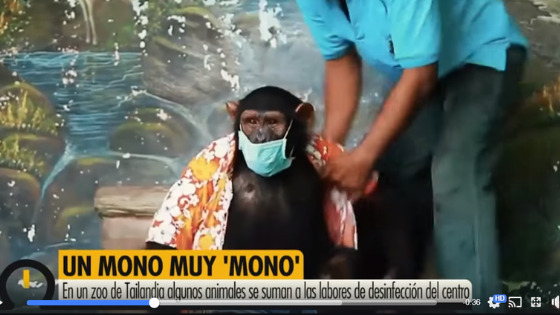
It’s not fun, it’s ABUSE
Yesterday, Telecinco’s TV show “Ya es mediodía” showed these images of a chimpanzee in a zoo in Thailand forced to go in a disguise, wearing a mask and riding a bike.
- 20
Apr 20
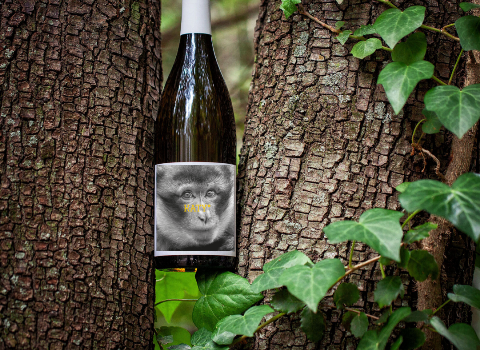
MONOvarietal wine returns: Toni and Katy
For some years now La Vinyeta, 2018 best winery, is collaborating with MONA. And we are very happy to announce the collaboration of 2020! MONOvarietal returns. Again, two wines, a white one, “Katy” (one of our Barbary macaques) and a black one, “Toni” (one of our chimpanzees). Two more bottles to add to the collection!
- 20
Apr 20
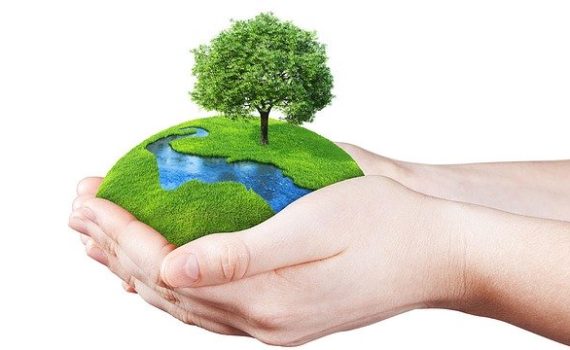
Earth Day 2020 with an unwanted guest
This year it has an unfortunate protagonist and is the coronavirus responsible for Covid19. That’s why stopping animal trafficking is more important than ever!
The current Covid19 situation confirms once more the risks and dangers involved in wild life trafficking, for animals and humans alike. The risk of new zoonotic diseases, transmitted between human and animal species, increases greatly due to wildlife trafficking activities and humans presence and interference in remote animal habitats.
Dengue fever, avian influenza, Ebola, the Spanish flu which cause 50 million deaths in 1918 or the Hong Kong flu that cause 700.000 deaths in 1968,among others are other zoonotic diseases humanity has suffered.
- 18
Apr 20

The most charity Saint George’s Day
Saint George’s Day, another significant date marred by the pandemic. We won’t be able to go out to the streets to leaf through the books, smell them and choose the one we like the most, but we can buy them online while we wait for the arrival of that longed-for moment.
- 16
Apr 20
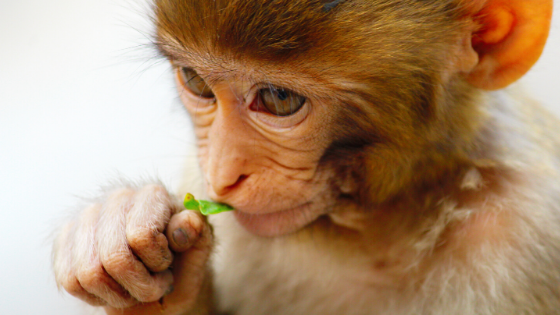
Can I have a primate as a pet?
Do you like primates? The love most people have for them is innate. Their appearance (big eyes and expressive faces) is also typical of human babies so, as it happens with them, when we see a primate we need to take care of it.
Be part of the solution for these animals today






